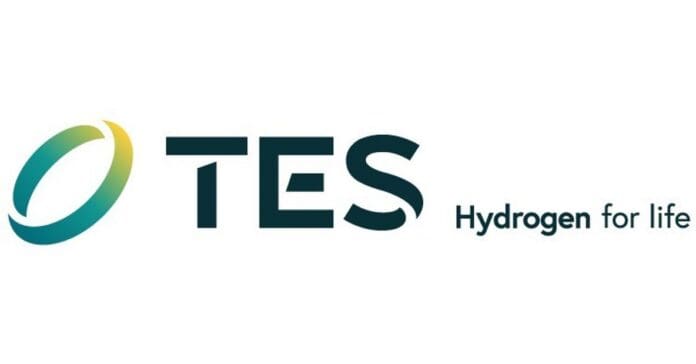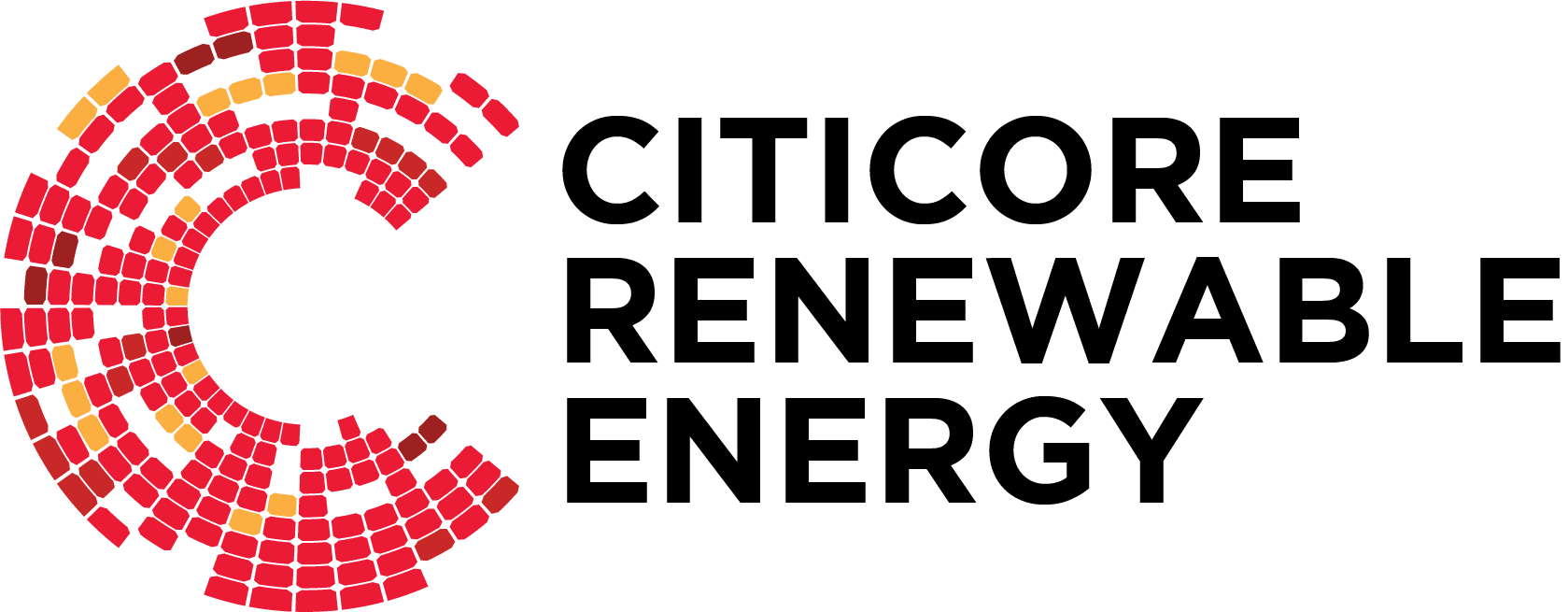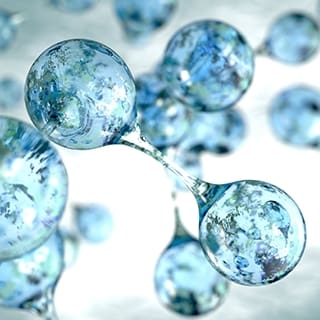TES is welcoming the updated German hydrogen strategy that envisions an increased hydrogen usage of 95 to 130 TWh for 2030 with 50% to 70% to be imported. The German Government also raised the goal for domestic electrolysis capacity from 5 to 10 GW, demonstrating the long-term commitment to green hydrogen in Germany. The updated strategy proves that green molecules will represent a huge component of the decarbonization in Germany.
Hydrogen derivatives, such as TES’ e-NG (also called synthetic methane or e-methane), is a drop-in fuel to replace natural gas, produced by mixing green hydrogen with carbon dioxide (CO2). Synthetic methane is one example of how Germany plans to shift away from fossil fuels through green molecules. e-NG has been included in the strategy and will support the decarbonization of the German industry while providing accessible and bankable green molecules. The inclusion of e-NG in the strategy demonstrates that Germany is heavily pushing hydrogen derivatives and green molecules to decarbonize hard-to-abate and hard-to-electrify sectors.
As the strategy sets out, the greater part of the demand will have to be covered by imports of hydrogen and its derivatives. And this is in line with what TES is working on in Germany. TES, with its green energy hub at the port of Wilhelmshaven, Germany, is set to contribute to the German decarbonization and hydrogen import plan. As the strategy sets out, the import of hydrogen and its derivatives are planned to be largely ship-based at least until 2030. The key benefit of e-NG is that it is familiar, simple, and safe. Indeed, e-NG is molecularly identical to natural gas used in the EU’s gas network today. This means that e-NG can flow immediately in Germany’s existing 317,521-mile (511,000-km) long gas grid without the need to build new pipelines which would take many years to complete. As a result, energy-intensive industries and high emitters of CO2 will be able to simply replace their fossil fuel natural gas use with e-NG without changing any processes, thus contributing to German decarbonization and economic development. By using CO2 as a reusable carrier, e-NG enables countries to secure their transition to green molecules and green hydrogen. TES is looking forward to contributing to the separate strategy on hydrogen imports by the German Government which will be published by the end of 2023.

















